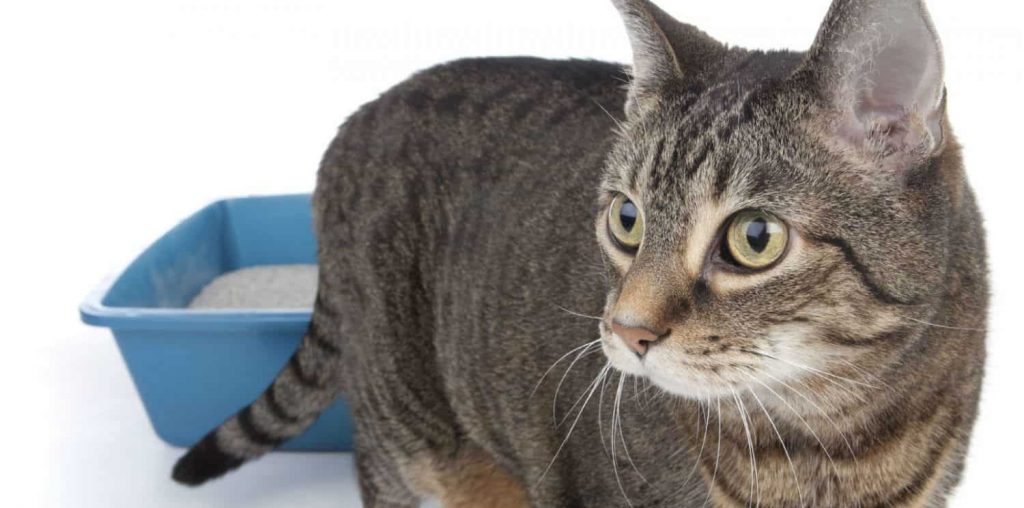Hi Bev,
I can see how this is a very frustrating problem. And your vet is right, we don’t see this as often in cats, but I have a few ideas that I think may help rectify this problem.
Anal glands are located slightly below the anal opening, at the 4 o’clock and 8 o’clock positions. When a firm bowel movement comes out, it puts pressure on the anal glands and expresses them physically. Therefore, the most common reason for anal glands becoming impacted repeatedly is soft stools are occurring. This is the first situation to address and maybe link to gastrointestinal parasites, food allergies, dietary sensitivities, stress, gastrointestinal infections, or anything else that can cause soft stools. Addressing a medical issue like this certainly has the ability to resolve the constant cat anal gland expression.
There are many cases I come across where there isn’t an underlying medical condition creating the problem. In those cases, it’s hard to know why the anal glands are having repeated problems. Some veterinarians believe that anal glands can be affected by stress, weight, allergies, and many other factors that we really don’t have evidence for as the cause. Given the frequency of your cat’s anal glands filling up, here are a few routes you can take to try and solve this problem. You can of course proceed with surgery and remove anal glands. Usually, surgical specialists perform this procedure but you’ll find the occasional veterinarian who does. The surgery will absolutely correct the problem. Personally, I try to avoid this option because it’s invasive and expensive.
What I would do in your situation is flush the anal glands. In my entire career as a veterinarian, I have only had one patient have their anal glands surgically removed. Every other patient that’s had this problem, and I’ve seen many, have been able to resolve it by flushing the anal glands. The procedure involves first sedating the patient. Then I use a very small catheter and insert it into each anal gland and flush them out with a copious amount of saline solution. Most importantly, I then pack the anal gland full of a medication, which most veterinarians will use for infections. There are a couple different products but each one of them has an antibiotic, an anti-inflammatory and an anti-fungal medication in it. This treatment tends to solve the problem for good because it resolves any infection that might be in the in the anal glands and reduces the inflammation. As always, please consult with your vet about the options I’ve outlined.
I hope this advice helps!
Dr. Clayton Greenway
